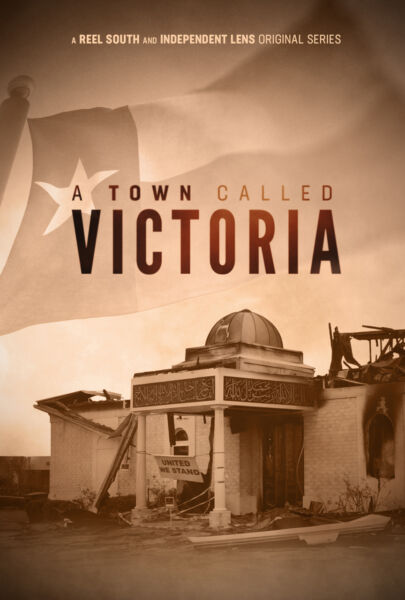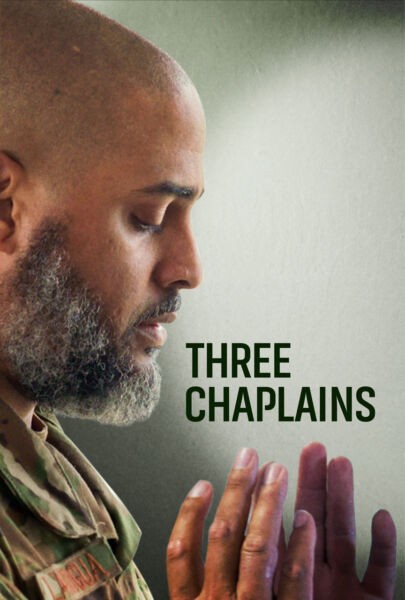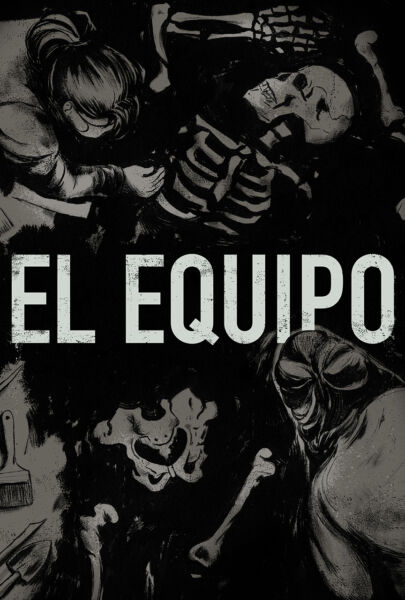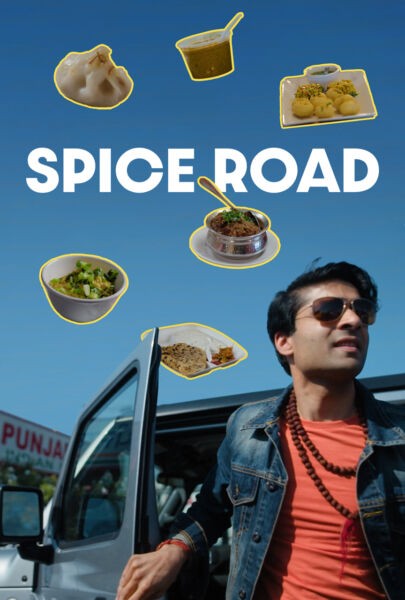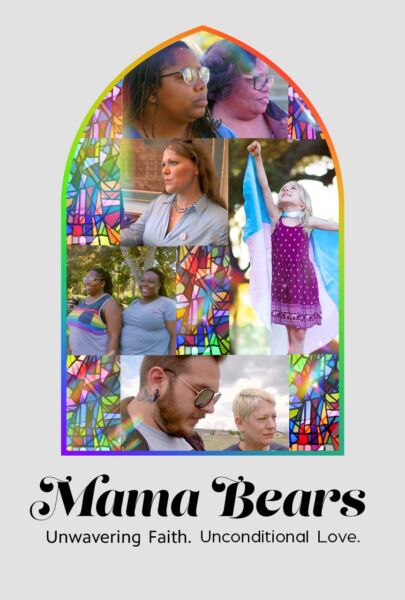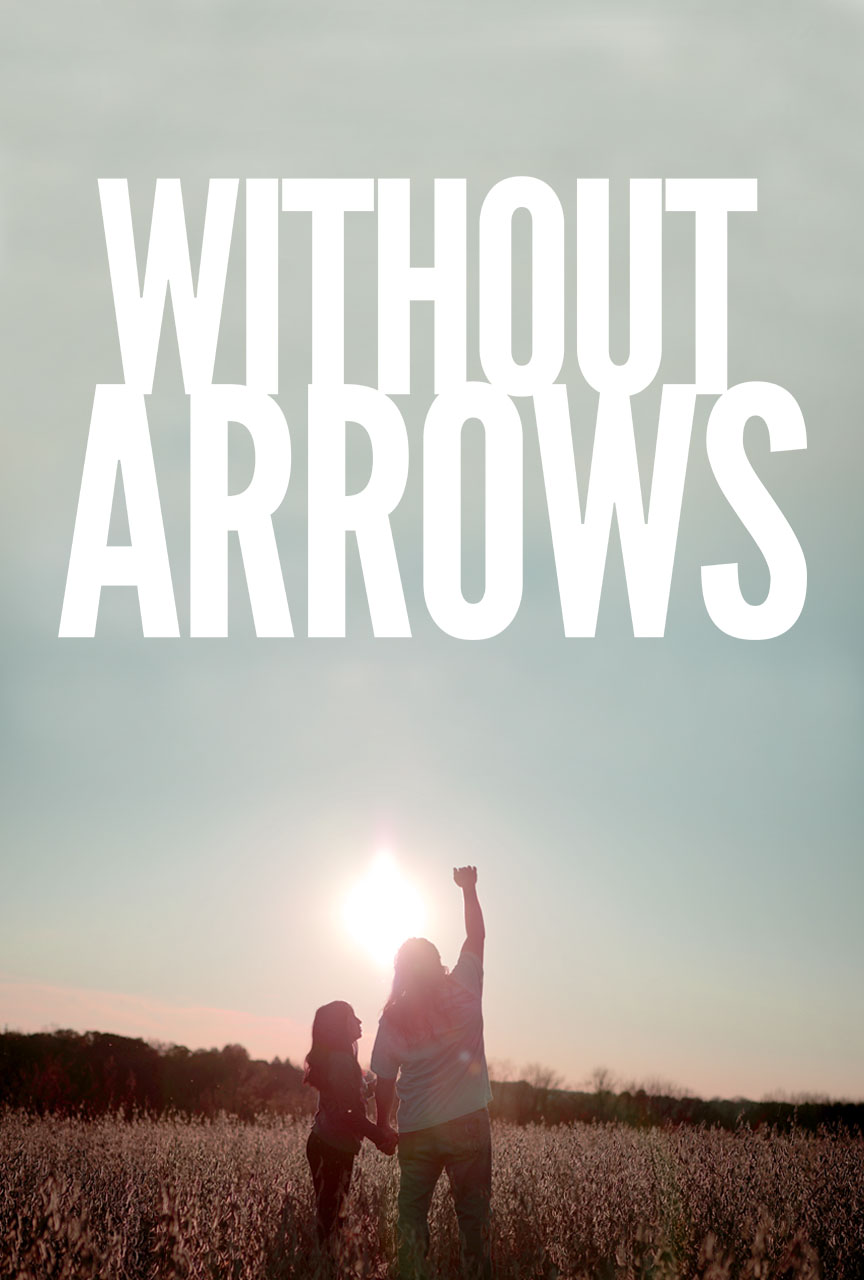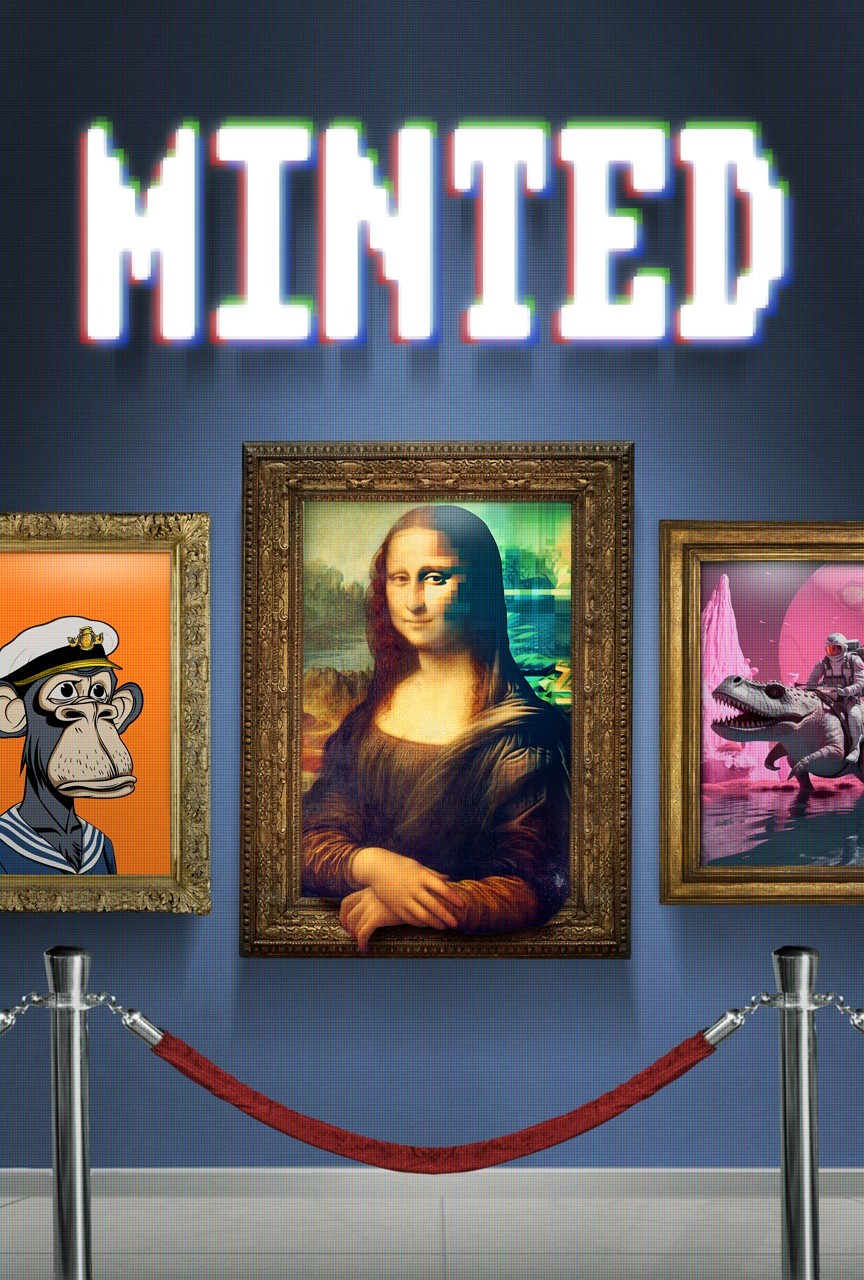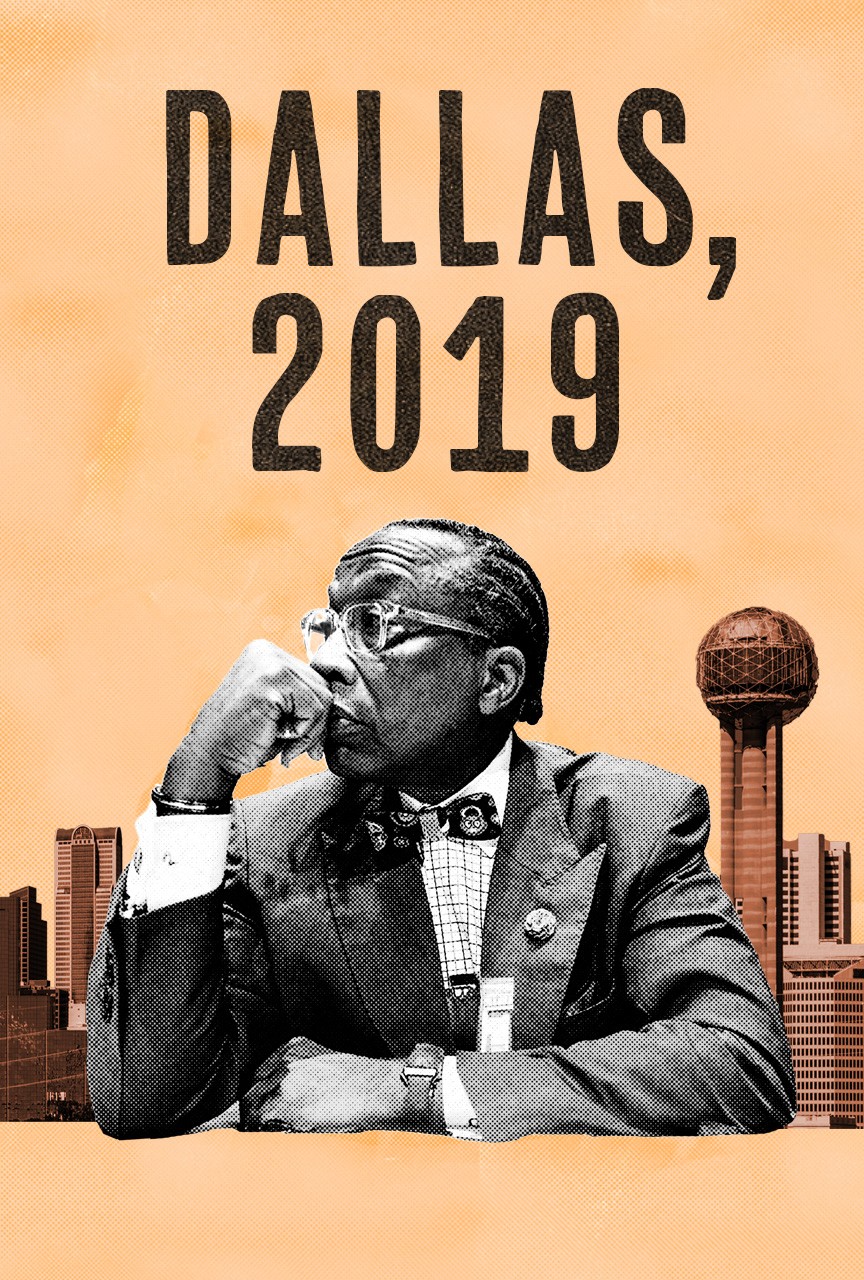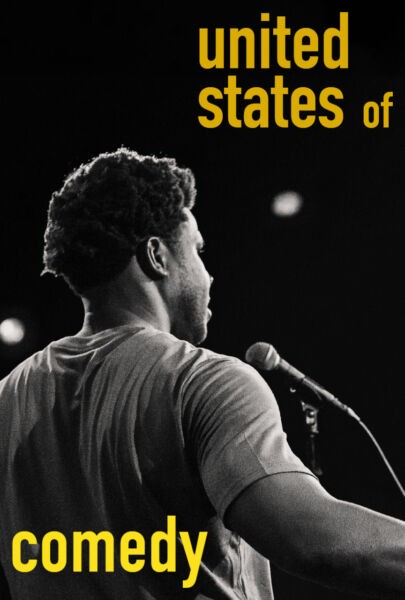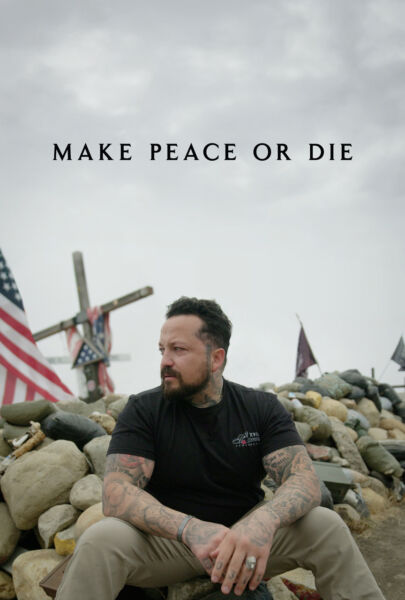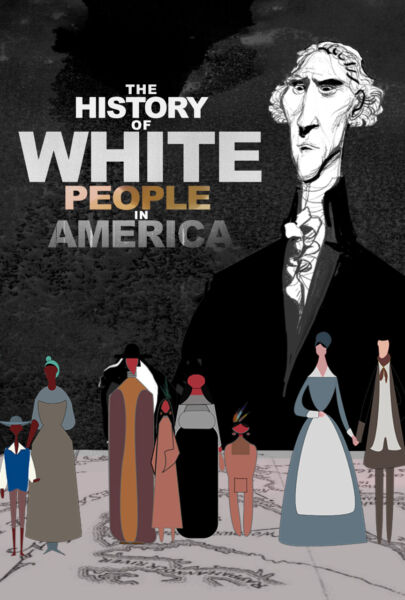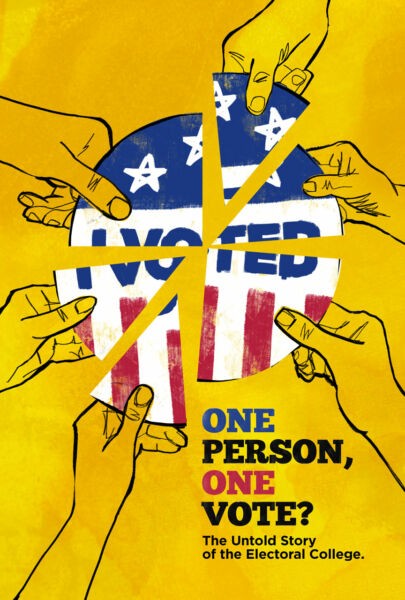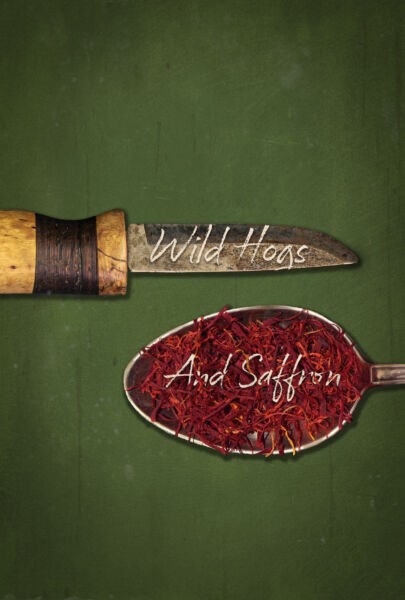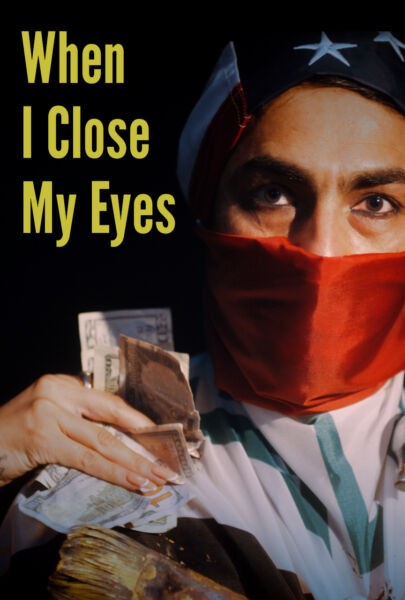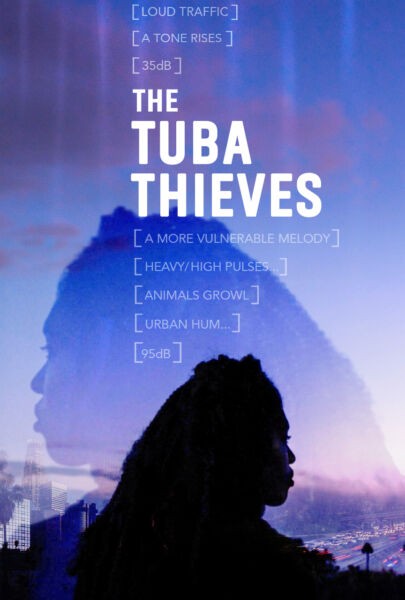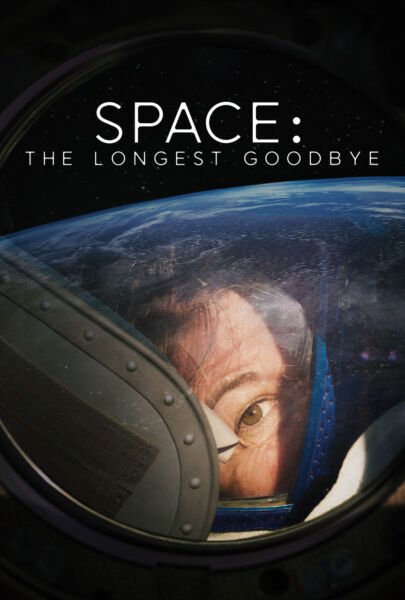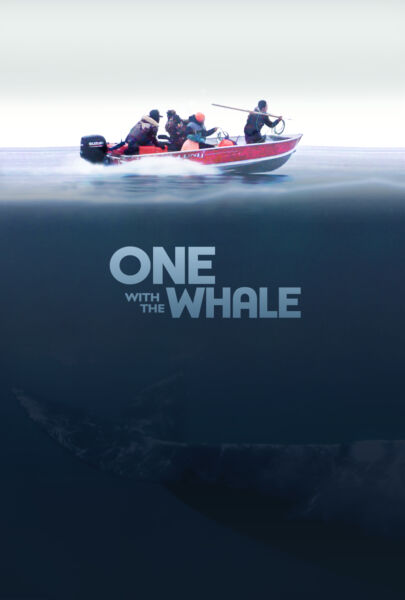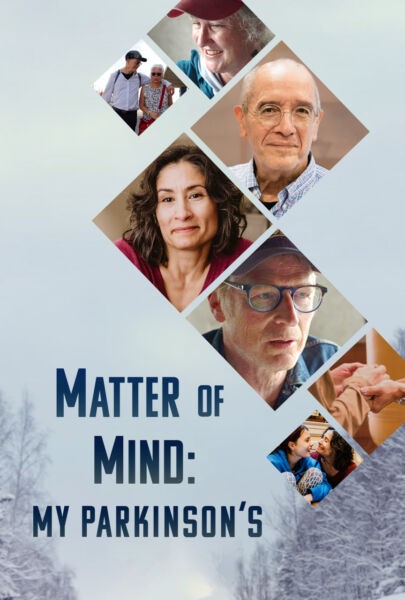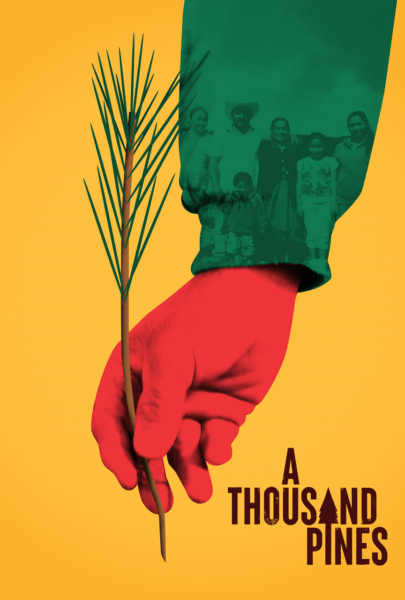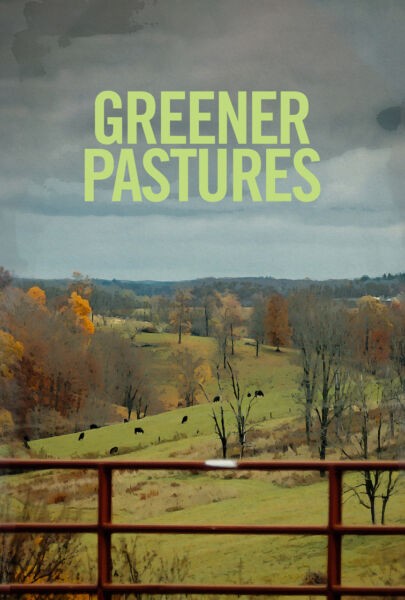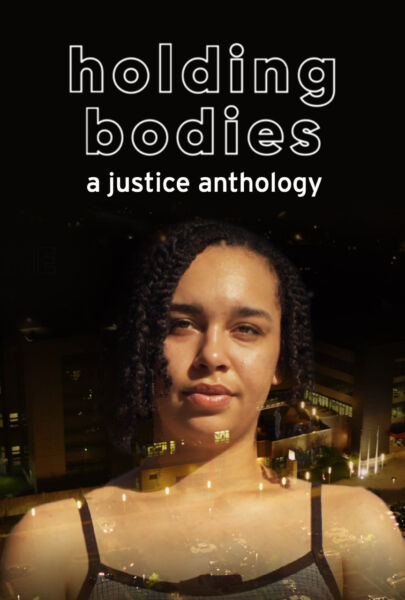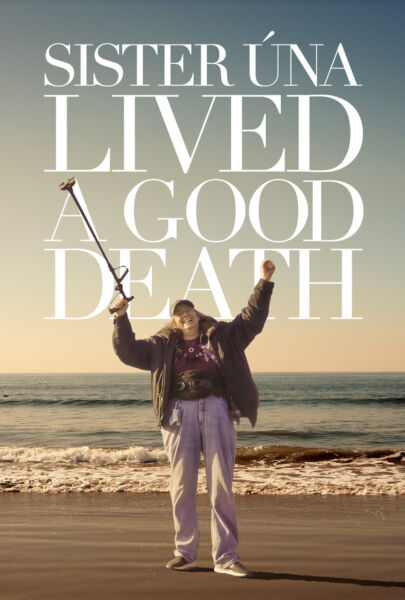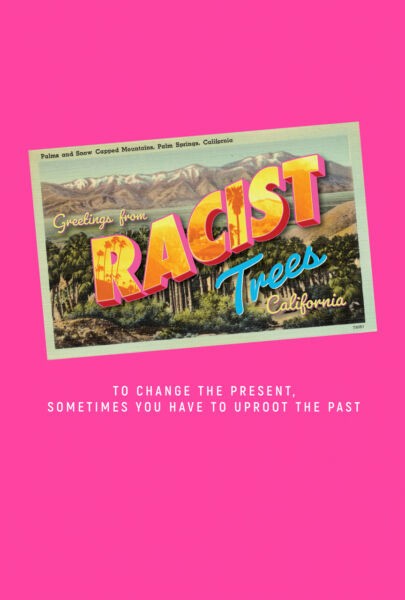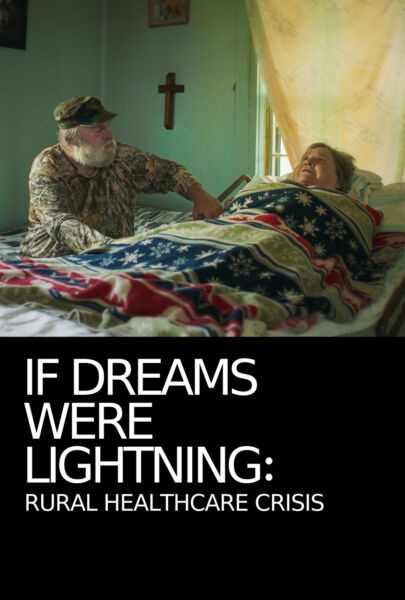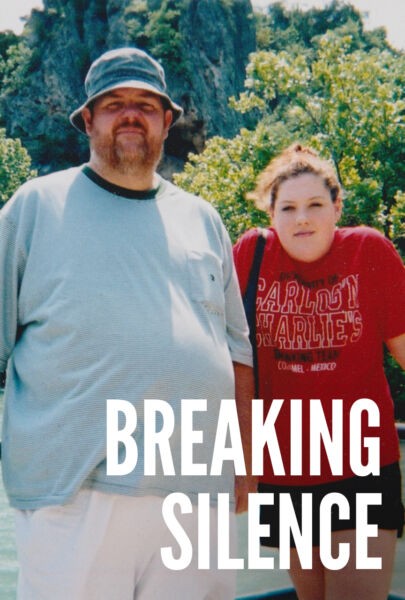Paul Mariano and Kurt Norton are co-founders of Gravitas Docufilms in California, and the producers of These Amazing Shadows, which made its debut on Independent Lens on Dec. 29, 2011 (check local listings). Their film is a departure for both men, who have worked together on mitigation videos in death penalty cases, and usually work on other tough human rights projects. But a passion for cinema and an innate curiosity led them to this project — a love letter to celluloid, and a call to action to preserve America’s film heritage.
What impact do you hope this film will have?
We want viewers to remember why they love the movies. We hope that our film will remind people how important movies are to our individual memories and our cultural heritage, and why we need to preserve them.
Aside from an obvious love of cinema, what led you to make These Amazing Shadows?
Becoming aware of the existence of the National Film Registry (its scope and purpose) and becoming aware of the shocking loss of American film.
What were some of the challenges you faced in making the film?
Our initial challenge was getting interviews with the “right” people — filmmakers and film preservationists who were both passionate and persuasive. After getting those interviews, it was challenging finding a way to tell our story in a manner that was interesting and informative to the average moviegoer.
How did you gain the trust of the subjects in your film?
We spoke with them about things they were passionate about, be it films that were important to them, their role on the National Film Preservation Board, their love of film, or their passion for film preservation.
What would you have liked to include that didn’t make the cut?
There were films and film genres that we would liked to have included, but couldn’t because of time limitations. There were individuals (like Martin Scorsese and Woody Allen) who we would like to have interviewed, but couldn’t because of their schedules.
Tell us about a scene in the film that especially moved or resonated with you.
There are two: The first is the interview with Stephen Peck. When he speaks about the effects of war on the soldiers who fight, you know what he says is true. When you see him talking about the effects of Vietnam on him personally, you feel it. The second is the segment on Topaz. That section says so much about us as individuals and about us as a nation. It also speaks to the indomitable spirit of humans in the harshest of situations.
What has the audience response been so far? Have the people featured in your film seen it, and if so, what did they think?
Audiences have loved These Amazing Shadows. They say it has reconnected them to the reasons they love the movies, has informed them about the tremendous loss of our film heritage, and has made them aware of the need to preserve that heritage.
Many people featured in the film have seen it and have been overwhelmingly enthusiastic and positive about it.
The independent film business is tough. What keeps you motivated?
The excitement of meeting new people, learning new things, and sharing in their passion for these subjects.
Why did you choose to present your film on public television?
There is no better way to reach such a large audience of educated and sophisticated individuals, who will relate to our subject matter and appreciate our story.
Tell us about some moments during your nomadic filming journey that stand out for you.
We filmed our interviews at various locations in diverse cities, but a few moments stand out:
- The awe of filming inside the Great Hall of the Library of Congress.
- The moment when the Librarian of Congress decided that he actually trusted and liked us.
- Interviewing Tim Roth on the set of his hit television show Lie To Me.
- Interviewing Wayne Wang inside Francis Ford Coppola’s private screening room — and wondering if FCC himself would stop by.
- Just interviewing John Waters.
- Talking with Christopher Nolan about his love of film in a Warner Bros. sound studio.
What didn’t you get done when you were making your film?
Car upkeep, maintaining healthy eating habits, and learning to play the piano.
What are your three favorite films?
Paul: Two for the Road, The Wizard of Oz, and Once Upon a Time in the West.
Kurt: The Best Years of Our Lives, The Maltese Falcon, and Bananas.
What advice do you have for aspiring filmmakers?
Don’t give up and don’t get overwhelmed by what seems like an impossible task. If you believe in your subject (or subject matter), you’ll find a way to tell a cohesive and compelling story.
What literally sustains you while you’re in the midst of making a film like this?
Gray’s Papaya hot dogs and chocolate chip cookies.
BONUS video — Outtakes from the film.

